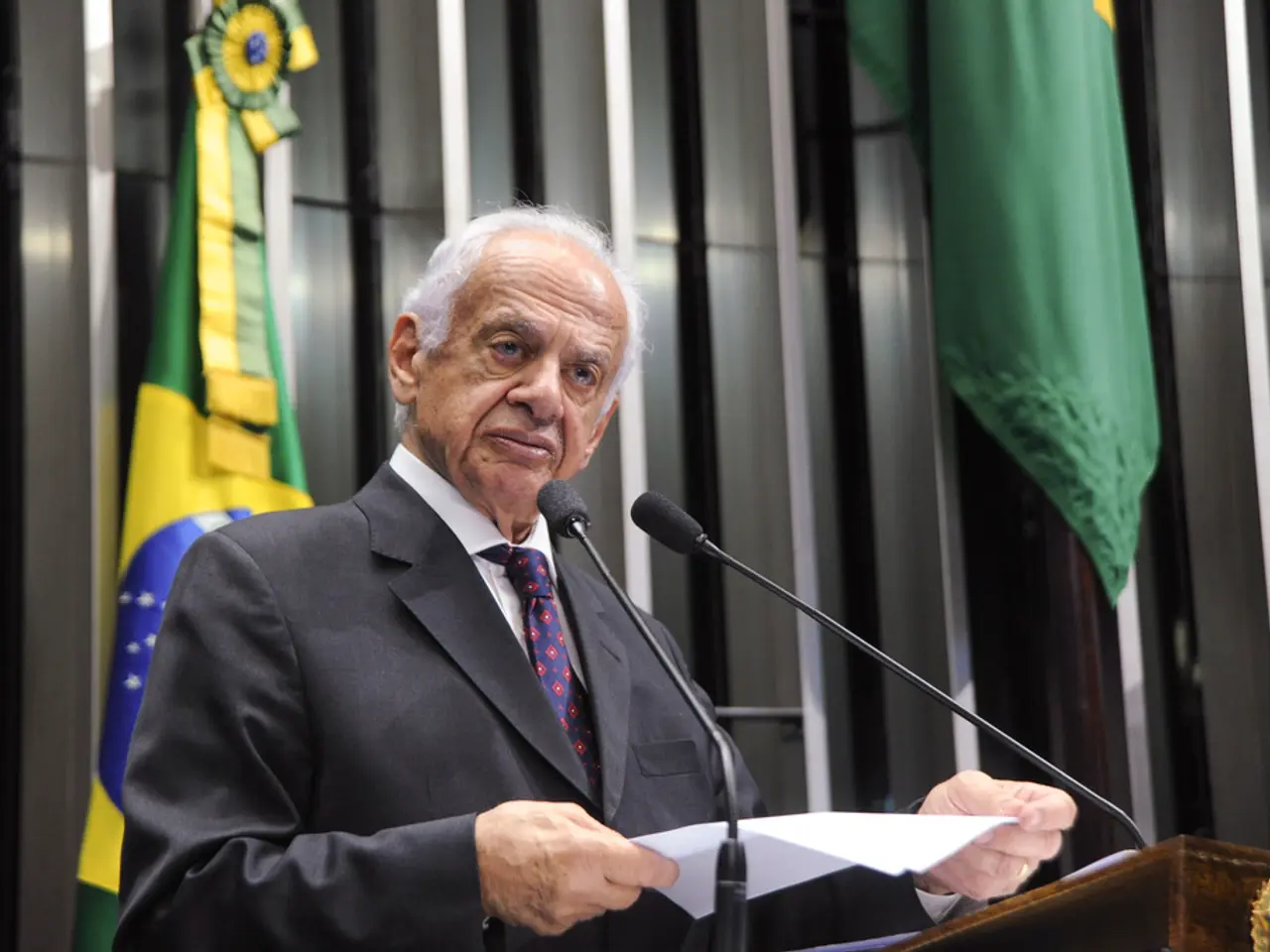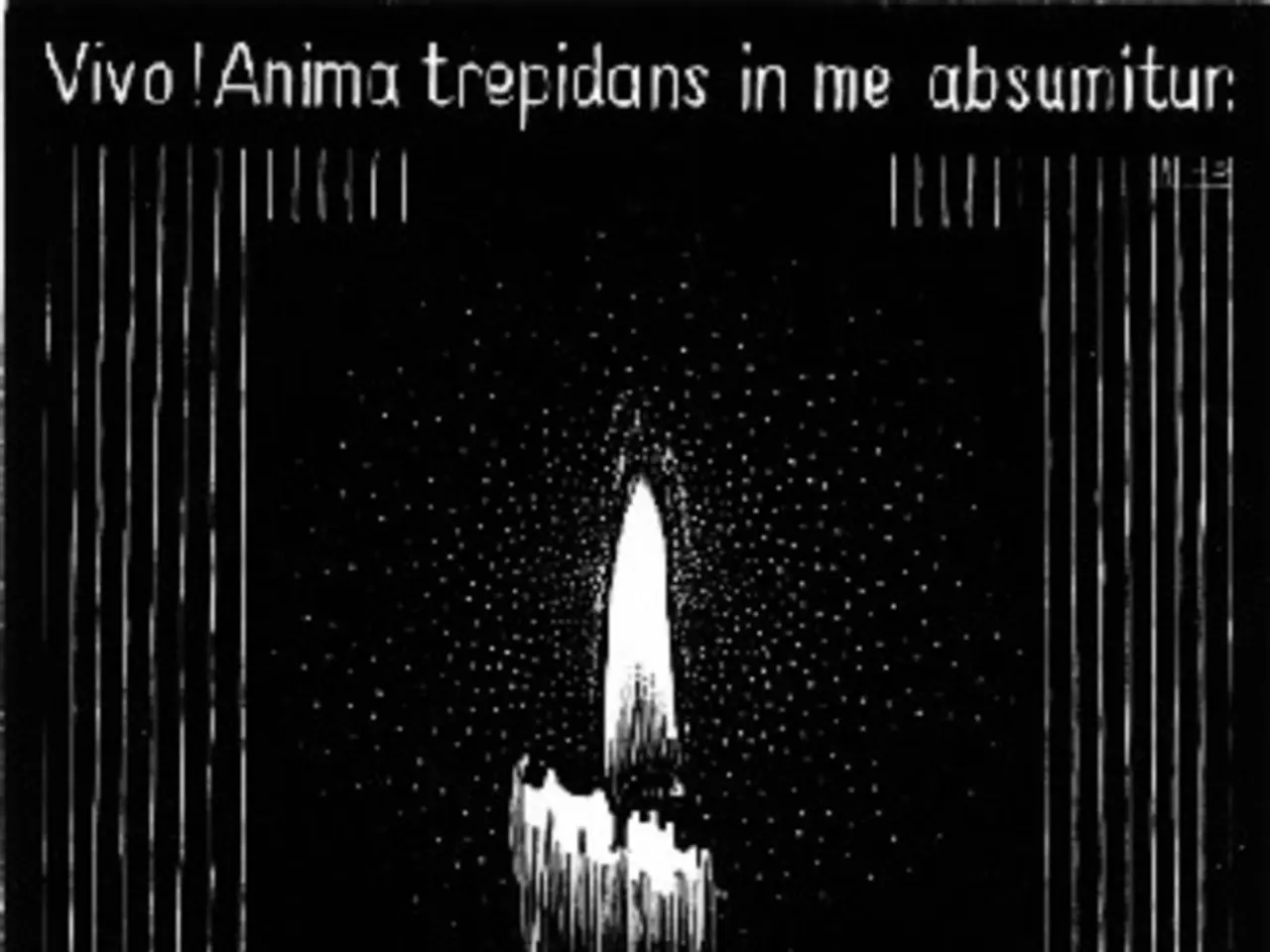Cataclysmic Sorcery and Devastation
In a world where truth and history are often manipulated for political gain, it's essential to examine the historical and philosophical connections between some of the most influential and controversial figures of the 20th century. This article delves into the radical visions of Adolf Hitler, Karl Marx, and Vladimir Lenin, and their attempts to reshape or create new world orders.
Hitler, Marx, and Lenin each envisioned and attempted to impose totalizing political systems promising a “new world” but grounded in fundamentally different ideological frameworks.
Karl Marx and Vladimir Lenin developed and implemented communism/Marxism, which aimed at a classless society abolishing capitalism and private property through proletarian revolution and dictatorship of the proletariat. Adolf Hitler, on the other hand, crafted Nazism, a totalitarian ideology focusing on racial purity and national rebirth through violent anti-Semitism and social Darwinist ideas.
Philosophers like Hannah Arendt emphasize the "banality of evil" in these totalitarian regimes. Both Nazi and communist propaganda openly embraced a contempt for traditional moral standards, convincing officials and populations to accept evil as necessary or even progressive for the new order.
The notion of "demonic seeds" or evil forces metaphorically relates to these visions. The Nazis depicted Jews as mystical evil entities against which the "Final Solution" was a cleansing mission. Critiques liken these ideologies to cosmic or metaphysical rebellions against divine or natural moral order, akin to Biblical themes of darkness opposing God's anointed.
Adolf Hitler, in his annotations, underscored a passage in Schertel's book on magic that denies the existence of objective truth. He also asserted that one can "create reality where no reality is." If society succumbs to this falsification, it "perpetuates the highest betrayal" imaginable, according to philosopher Eric Voegelin.
In a more recent context, Vladimir Putin's actions and words suggest a disregard for his own people, echoing the contempt for traditional moral standards seen in totalitarian regimes. Putin has attempted to deny Moscow's responsibility for the invasion of Poland, justifying it in humanitarian terms, much like the propaganda tactics employed by Hitler and Lenin.
Interestingly, philosophers like Voegelin noted that the revolutionary's need to falsify the past leads to the need for all revolutionaries to systematically falsify history. This notion is reflected in Doderer's statement that a person who has been unable to endure themselves becomes a revolutionary, and it is others who have to endure them.
In summary, Hitler, Marx, and Lenin share a historical and philosophical link in their totalitarian attempts to radically remake society, justified by ideologies that dismiss or invert conventional morality, sometimes invoking metaphors of evil or spiritual rebellion, to legitimize ruthless power manipulation in pursuit of their vision of a “new world.”
General news today often spotlights the impacts of these radical leaders on the world, as their ideologies continue to shape politics and fuel war-and-conflicts.
Crime-and-justice systems worldwide have been tested by the legacies of Hitler, Marx, and Lenin, who sought to redefine societal norms and reshape political systems, sparking debates on morality, truth, and the role of power in shaping histories.







